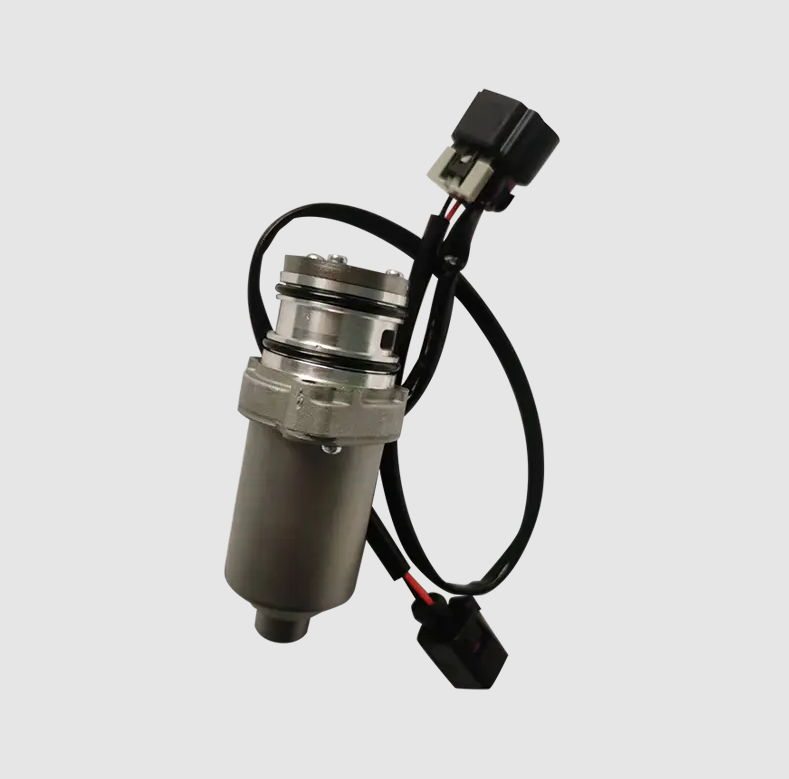Oil Pump Motor Performance Across Different Oil Viscosities

Impact of Oil Viscosity on Motor Output
Oil viscosity directly affects the load placed on an Oil Pump Motor. Higher viscosity oils are thicker and create more resistance against the pump, which can increase torque demand on the motor. Conversely, low-viscosity oils flow more easily but may reduce lubrication efficiency in certain pump types. A motor that cannot adapt to these variations may experience fluctuations in output, overheating, or decreased efficiency. Therefore, understanding viscosity-related impacts is crucial for stable operation.
Design Considerations for Stability
To maintain consistent output across varying oil viscosities, Oil Pump Motor manufacturers design motors with sufficient torque margin and robust control mechanisms. High-quality windings, precise rotor design, and optimized power ratings ensure that the motor can overcome the increased resistance from thick oils without significant performance drops. Advanced models may incorporate variable frequency drives (VFDs) or torque compensation systems to adjust motor speed dynamically, stabilizing flow despite viscosity changes.
Effects on Flow Rate and Pressure
Oil viscosity influences both flow rate and system pressure. High-viscosity oils may slow the pump, reducing flow rate and increasing pressure in the system, whereas low-viscosity oils may lead to faster flow but insufficient pressure to meet system demands. A properly engineered Oil Pump Motor can maintain a balance, ensuring that pressure and flow remain within operational specifications. This adaptability is key for industrial applications where consistent lubrication or fluid delivery is critical.
Thermal Considerations
Pumping high-viscosity oils requires more energy, leading to increased heat generation in the motor. Over time, excessive heat can degrade insulation, shorten component lifespan, and reduce reliability. Oil Pump Motor designs account for thermal management through cooling mechanisms, such as heat-resistant materials, ventilated housings, or integrated cooling fans. Effective heat dissipation maintains stable performance across a range of oil viscosities.
Maintenance and Monitoring
Regular monitoring and maintenance are essential to ensure that the Oil Pump Motor output remains stable. Checking for signs of overheating, unusual vibrations, or inconsistent flow can help identify viscosity-related issues. Maintenance procedures may include inspecting seals, bearings, and lubrication systems to prevent excessive friction or motor strain when switching between different oil types.
Conclusion
The stability of an Oil Pump Motor under varying oil viscosity conditions is determined by careful design, torque capacity, thermal management, and maintenance practices. Properly engineered motors can handle both high- and low-viscosity oils while maintaining consistent flow rate, pressure, and efficiency. Understanding the interaction between motor performance and oil viscosity ensures reliable operation, prevents premature wear, and supports effective fluid handling in diverse industrial applications.
Key Features and Specifications
Power Rating: Measured in horsepower (HP) or kilowatts (kW), the power rating of a pump motor indicates its capacity to perform work. Selecting the appropriate power rating is crucial to match the motor with the pump's requirements and ensure efficient operation.
Speed: Pump motors can operate at various speeds, typically measured in revolutions per minute (RPM). The speed affects the flow rate and pressure generated by the pump. Adjustable speed motors allow for precise control and adaptability to changing operational conditions.
Efficiency: Efficiency ratings indicate how effectively the motor converts electrical energy into mechanical energy. Higher efficiency motors consume less power and generate less heat, contributing to reduced operational costs and extended equipment life.c
- Art
- Causes
- Crafts
- Dance
- Drinks
- Film
- Fitness
- Food
- Jocuri
- Gardening
- Health
- Home
- Literature
- Music
- Networking
- Alte
- Party
- Religion
- Shopping
- Sports
- Theater
- Wellness


